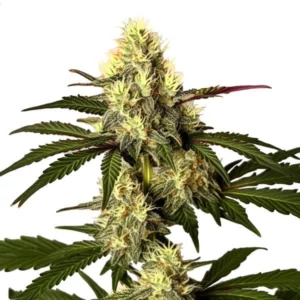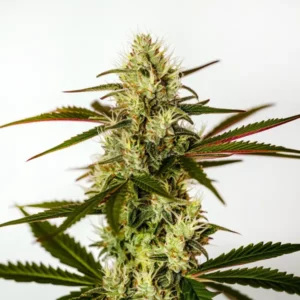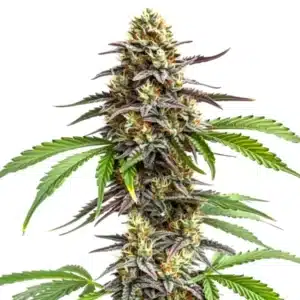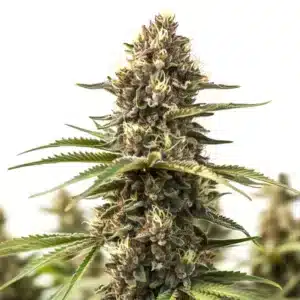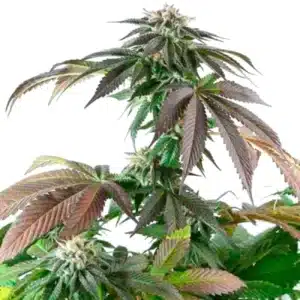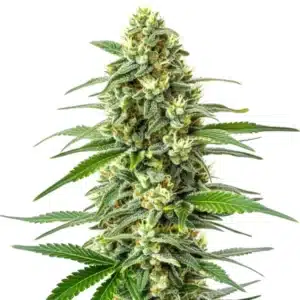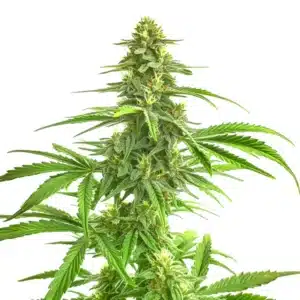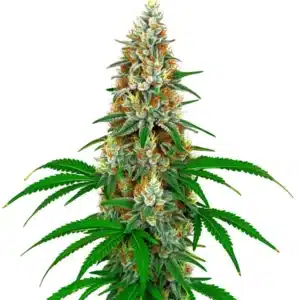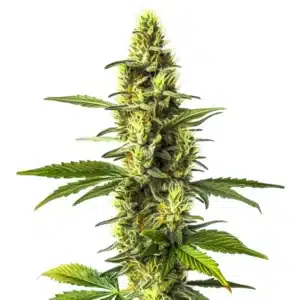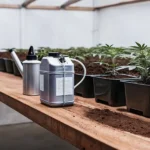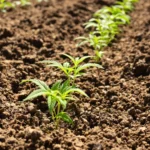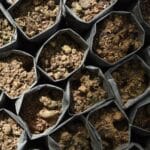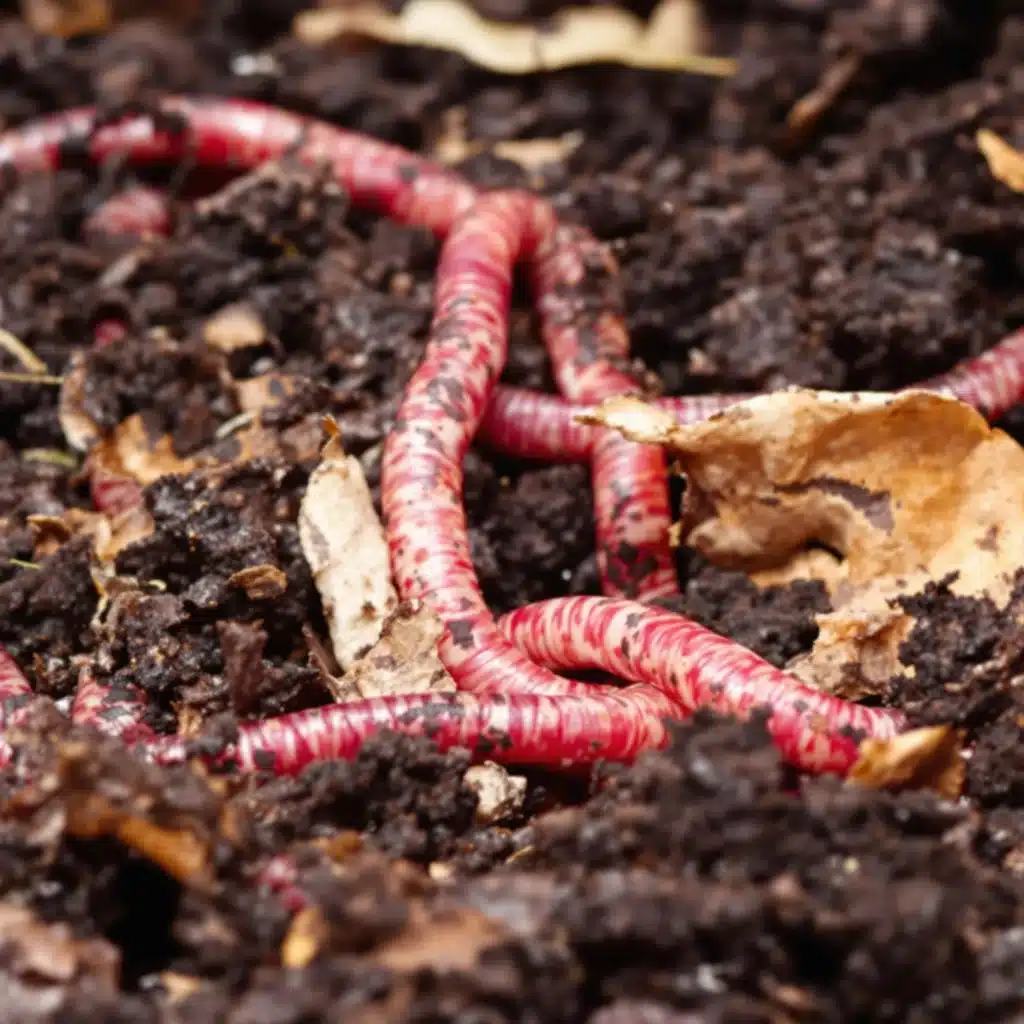
How Worms Improve Soil by Feeding on Dead Plant Matter
Quick Summary: Worms improve cannabis soil by consuming dead plant matter and converting it into nutrient-rich castings. This biological process recycles essential NPK minerals, improves soil structure through aeration, and fosters a microbial ecosystem that accelerates plant growth and defense.
How Worms Improve Soil by Feeding on Dead Plant Matter
Worms are the unsung heroes of the cannabis garden. When a worm is feeding on dead plant matter, it acts as a biological bioreactor. They consume decaying leaves, stems, and roots that would otherwise sit stagnant. Inside their digestive tract, the muscular gizzard grinds this organic material into tiny particles. This physical breakdown is the first step in making locked-away nutrients available to your plants again.
Recommended Strains
Do Si Dos
|
|
THC | 26% - 30% (High) |
|
|
Type | Feminized |
|
|
Yield | Medium |
|
|
Phenotype | 65% Indica / 35% Sativa |
Do Si Dos Autoflower F1
|
|
THC | 22% - 24% (Medium) |
|
|
Type | Autoflowering F1 |
|
|
Yield | High |
|
|
Phenotype | 40% Indica / 60% Sativa |
This process is technically known as fragmentation. By breaking down large pieces of dead plant matter, worms increase the surface area available for beneficial bacteria and fungi. These microbes then perform the chemical work of mineralization. For a cannabis grower, this means that the nitrogen (N), phosphorus (P), and potassium (K) stored in old foliage are released back into the rhizosphere in forms your crop can actually absorb, such as nitrates and phosphates.
Promos & Deals
Worms and Their Role in Breaking Down Organic Matter
Earthworms specifically target the carbon-rich cellular structures of plants. As they move through the soil, they create a network of “macro-pores.” These tunnels are essential for gas exchange, allowing oxygen to reach the roots and CO2 to escape. In cannabis cultivation, root zone oxygenation is directly linked to metabolic speed; more oxygen means faster nutrient uptake and larger flower yields.
Furthermore, the slime or mucus secreted by worms is rich in nitrogen. This mucus acts as a glue that helps form soil aggregates. These aggregates create a stable soil structure that holds onto water without becoming waterlogged. This balance is critical to prevent root rot (Pythium) and other fungal pathogens that thrive in compacted, anaerobic conditions. How do worms help plants grow? By turning a solid block of dirt into a breathable, living sponge.
| Feature | Red Wigglers (Eisenia fetida) | Earthworms (Lumbricus) | Synthetic Fertilizer |
|---|---|---|---|
| Feeding Habit | Surface organic debris | Deep soil & plant matter | None (Chemical salts) |
| NPK Availability | High, slow-release | Medium, consistent | Instant, risk of burn |
| Microbial Load | Extreme (Probiotic) | High (Soil builders) | Low (Sterile salts) |
| Soil Structure | Agglomeration | High Aeration/Drainage | Possible Salt Buildup |
| Best Use Case | Active Composting/Bins | Living Soil/Outdoor beds | Hydroponics/Quick Fix |
| Sustainability | 100% Regenerative | 100% Regenerative | Low (Mining/Shipping) |
The Benefits of Worms Recycling Organic Matter
When a worm excretes what it has eaten, it produces “castings.” These castings are far superior to standard soil. They contain a concentrated mix of enzymes, plant growth hormones (like auxins and gibberellins), and humic acids. These compounds act as biological signals, telling the cannabis plant to expand its root system and increase resin production. This is often why organic “living soil” growers report a more complex terpene profile than those using synthetic nutrients.
Are worms good for plants? Absolutely. Beyond nutrition, worm activity provides a natural pest defense. The tunnels created by worms allow for deeper water penetration, which prevents dry pockets where spider mites or fungus gnats might thrive. Moreover, the chitinase found in worm castings can help inhibit the growth of certain soil pathogens and root-eating insects by breaking down their chitin-based exoskeletons.
Professional Cultivator Tips for Worm Success
- Monitor pH Levels: Worms prefer a pH between 6.0 and 7.0. If your soil becomes too acidic (common with peat-based mixes), the worms will stop feeding or die, halting the decomposition of dead plant matter.
- Moisture is Life: Worms breathe through their skin. Maintain a soil moisture level of about 60-70% (like a wrung-out sponge). If the soil dries out, they will dive deep or perish.
- No Citrus or High Salts: Avoid adding citrus peels or high-salt “flushed” runoff to your worm areas. Salts dehydrate worms instantly via osmotic shock.
- Top-Dress with Humus: If you don’t have active worms, buying high-quality worm humus (castings) is the best organic way to “seed” your garden with beneficial microbes.
- The 18/6 Rule: If keeping a worm bin for cannabis waste, remember that light is an irritant. Keep the bin dark to ensure 24-hour processing of waste.
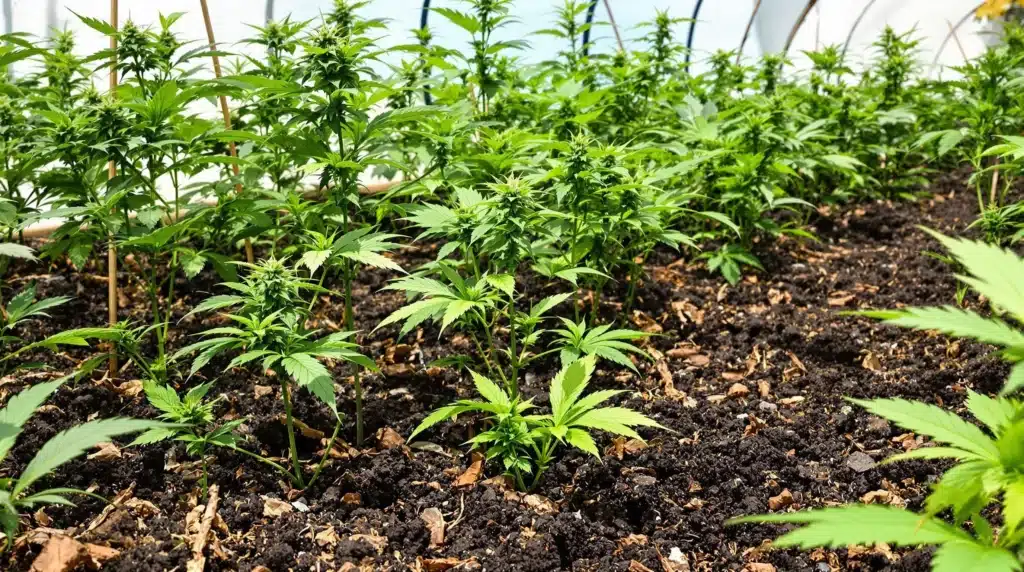
How do worms contribute to soil health?
Worms are essential for maintaining soil structure and nutrient cycling. By consuming dead plant matter, they prevent the buildup of anaerobic waste that can breed disease. Their castings provide a balanced, slow-release source of minerals that won’t burn sensitive cannabis roots. Additionally, their burrowing improves drainage, ensuring that roots never sit in stagnant water, which is the leading cause of root rot in home grows.
Can worms help decompose cannabis plant waste?
Yes, worms are highly efficient at processing cannabis stems, fan leaves, and trimmings. However, because cannabis stalks are very fibrous (high in cellulose and lignin), it is best to shred them first. This increases the surface area, allowing the worm feeding on dead plant matter to work much faster. This creates a closed-loop system where your previous harvest’s waste feeds your next generation of clones.
What are the best conditions for worms to thrive?
Worms require a temperature-controlled environment, ideally between 55°F and 77°F (13°C – 25°C). High temperatures in a grow room can “cook” worms in small pots, so ensure they are in larger, insulated containers or shaded beds. They also need high humidity and a constant supply of bedding material, such as coco coir or shredded cardboard, to maintain the correct carbon-to-nitrogen (C:N) ratio for healthy digestion.
How do worms help plants grow in living soil?
In a living soil setup, worms act as the primary distributors of microbiology. They carry beneficial bacteria on their skin and in their gut, spreading them throughout the container. This ensures that every inch of the root zone is protected by a “probiotic” shield. This biological activity releases CO2 near the floor of the grow room, which the plants then absorb through their stomata to power photosynthesis.
By fostering an environment where worms feed on dead plant material, you are essentially hiring a full-time staff of gardeners that work for free. They keep the soil loose, the roots fed, and the pathogens at bay, resulting in a cleaner, more sustainable, and high-yielding cannabis harvest.


